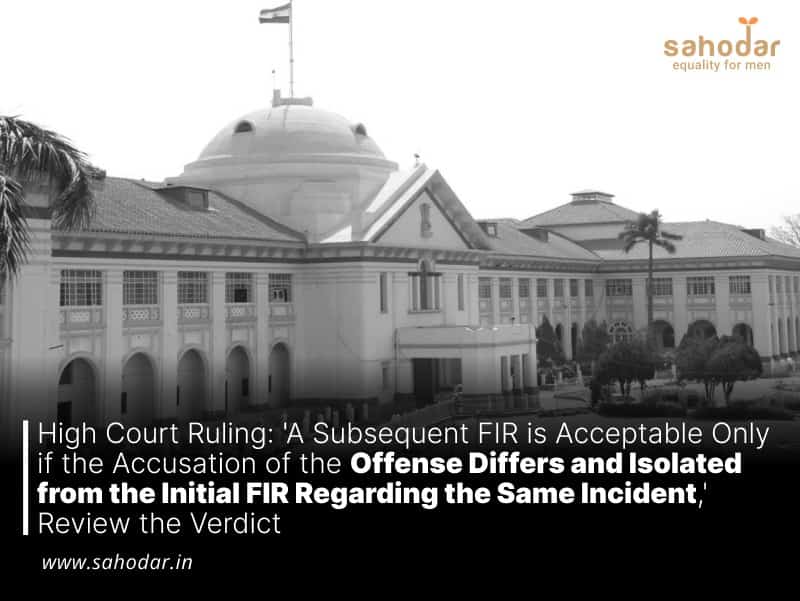The Patna High Court, in its resolution of a writ petition aimed at nullifying the Case filed on February 5th, 2017, alleging offenses under Section 120B of the Indian Penal Code alongside Sections 30(a), 38, and 41 of the Bihar Prohibition and Excise Act, 2016, asserted that the entirety of the incident and transaction occurred within one occurrence. The accused individuals, through the transportation and illicit delivery of Indian Made Foreign Liquor (IMFL) in Bihar, were found to have committed the same offense under the Bihar Excise and Prohibition Act, 2016.
Brief Overview:
A case was initiated based on a self-initiated complaint by Mritunjay Kumar, SHO, asserting that on February 4th, 2017, Md. Mustaqe of Patna notified him of secret intel indicating the formation of an organized syndicate from Haryana aimed at selling liquor in Bihar, despite its prohibition status. Consequently, a van was intercepted, and liquor labeled “for sale in Haryana only” was seized, leading to the arrest of the suspects. The current Criminal Writ Application seeks to annul the Case registered on February 5th, 2017, pertaining to offenses under Section 120B of the Indian Penal Code in conjunction with Sections 30(a), 38, and 41 of the Bihar Prohibition and Excise Act, 2016. Another raid led to a subsequent case filing.
Petitioner’s Assertions:
Counsel for the Petitioner contended that the raids conducted by Khusrupur Police Station and Jurabanpur Police Station were part of the same transaction. Thus, there was no justification for registering two separate cases by each station.
Respondent’s Counterarguments:
Counsel for the Respondents argued that if the first and second FIRs significantly differ, such as having distinct informants from different districts and varying accused individuals, and with substantially different investigation scopes, they cannot be equated. Each FIR constitutes separate causes of action in different locations with different accused persons.
Court’s Observations:
The Court observed that the entire incident and transaction occurred as part of a single occurrence, involving the transportation and illegal delivery of IMFL within Bihar, thereby constituting the same offense under the Bihar Excise and Prohibition Act, 2016. While recoveries during investigation, based on accused statements, might be admissible as evidence under Section 27 of the Cr.P.C., multiple recoveries across different police stations do not warrant separate trials for the accused.
Regarding the admissibility of a second FIR, the Court stressed that it is permissible only when the allegations of the offense are distinctly separate from those in the first FIR regarding the same incident. In this case, a second FIR was deemed unnecessary given the circumstances.
Court’s Decision:
The Patna High Court, in its ruling, quashed the FIR relating to the case dated February 5th, 2017, under Sections 120B of the Indian Penal Code alongside Sections 30(a), 38, and 41 of the Bihar Prohibition and Excise Act, 2016.

